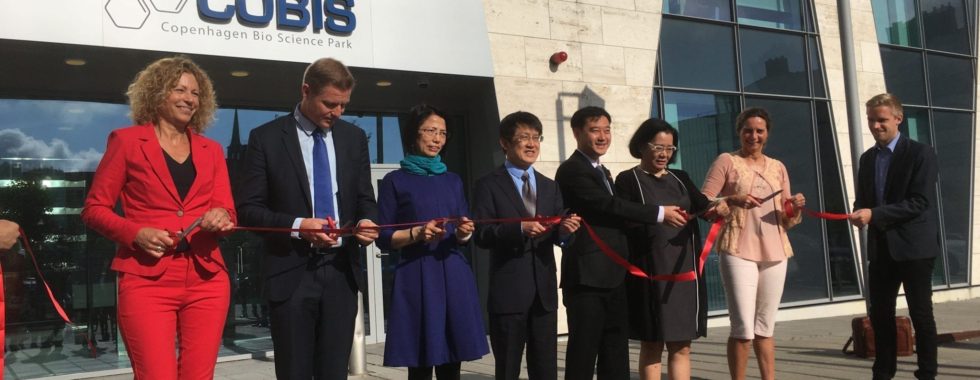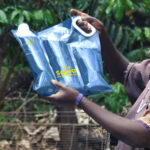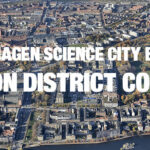Company to open Chinese mouths for Danish organic food
Exporting organic food to China is complicated. Organic certification and permits are complex to obtain and require constant renewal. This makes the system difficult to navigate, and expensive for small scale producers. A new company located with Copenhagen Science City-partner Copenhagen Bio Science Center (COBIS) hopes to make it easier and cheaper to sell Danish organic food to the Chinese. By Jes Andersen.
Value of co-location
The company, Danish-Chinese Organic Food Center, opened its offices at a ceremony in September, and the newly appointed CEO of Danish-Chinese Organic Food Center, John Liu, is highly aware of the value of co-locating in the heart of the innovation district, Copenhagen Science City. He chose COBIS due to the convenient location close to research and development resources in an attractive part of Copenhagen.
“Besides working strategically on the certification process, we are planning to use the proximity to the University of Copenhagen, the Metropolitan University College and Rigshospitalet, University of Copenhagen, to set up research and development projects focusing on organic babyfood”, says John Liu, CEO of Danish-Chinese Organic Food Center.
Opening Chinese markets to smaller organic producers
The retail market for processed organic food in China had a value of over 4 billion US dollars in 2015. It is projected to rise with more than 15 % per year, making it the world’s fourth largest market for organic food. Only a few large Danish food producers have certificates for exporting organic products to the Chinese market. The Danish-Chinese Organic Food Center hopes to expand the number of companies with access to the growing market, not least smaller producers.
Bundling could cut costs
A major expense for organic food exporters is on-site inspection by Chinese authority representatives. Danish-Chinese Organic Food Center hopes to be able to cut costs by bundling inspections to several sites in each inspection trip and by streamlining the process and associated costs.
Copenhagen Science City welcomes yet another Chinese company to the innovation district. Their co-location was, in large part, enabled by Copenhagen Capacity, and their dedication to assist Chinese businesses who want to establish companies in Copenhagen.
The three knowledge institutions in Copenhagen Science City offer easy access for companies to a number of lab facilities and to collaboration with students and researchers.




